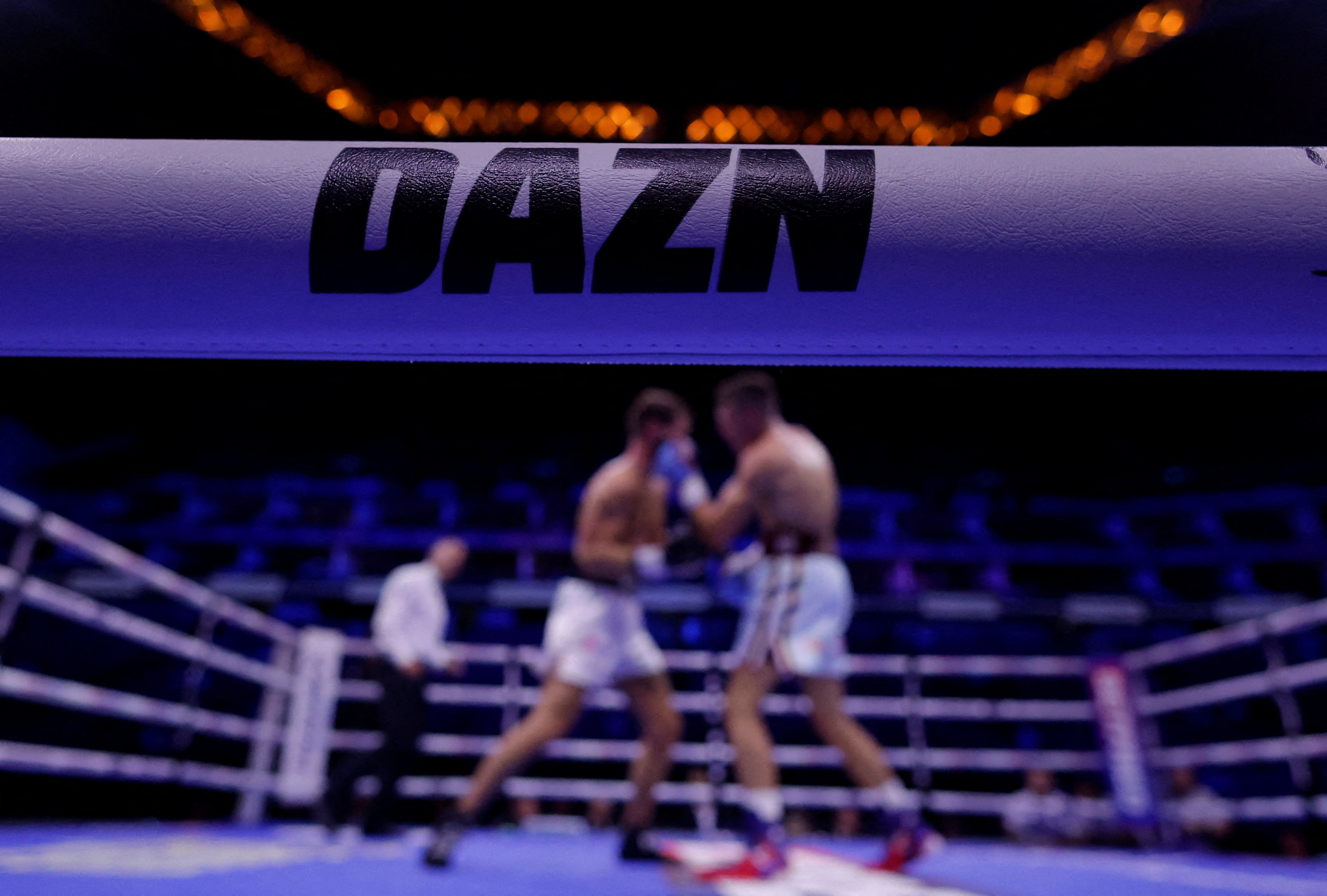
Established in 2016, DAZN has transformed how sports are consumed, offering a subscription-based model that allows viewers to access various sports events live and on-demand. The platform has gained traction in several markets, including the UK, Japan, and Canada, by securing broadcasting rights for numerous sports leagues and events, including boxing, soccer, and motorsports. The company's unique position in the market makes it an attractive investment for the PIF, which is keen on enhancing its portfolio in the sports sector.
The PIF, under the leadership of Crown Prince Mohammed bin Salman, has been increasingly active in international investments, particularly in the entertainment sector. The fund's involvement with high-profile events like the LIV Golf tour has raised eyebrows and generated discussions about the Kingdom's intentions in global sports. This potential investment in DAZN could further enhance the PIF's strategic interests and bolster its media influence.
DAZN has faced its share of challenges, including intense competition from established players such as ESPN+, Peacock, and Amazon Prime Video, which have expanded their sports offerings. However, DAZN's flexible business model, which allows for pay-per-view options alongside subscription packages, has positioned it as a formidable competitor. The company's ongoing efforts to innovate and adapt to changing viewer habits could make it an appealing partner for the PIF, especially as Saudi Arabia seeks to attract more international sporting events and enhance its entertainment offerings.
As part of its Vision 2030 plan, Saudi Arabia aims to increase its global sporting footprint, evidenced by its successful hosting of events like the Formula E racing series and the Saudi Arabian Grand Prix. Investing in DAZN could facilitate access to a broader audience for these events while also improving the Kingdom's sports broadcasting capabilities. The potential partnership may also allow for increased collaboration with international sports leagues, further enhancing Saudi Arabia's reputation as a destination for global sports.
Analysts suggest that the PIF's investment in DAZN would not only be a financial commitment but also a strategic alignment that could reshape the sports broadcasting landscape. With its vast financial resources and growing influence, the PIF could help DAZN expand its operations, acquire additional rights, and potentially enter new markets.
The partnership might create opportunities for content integration, allowing DAZN to showcase exclusive Saudi sporting events and leagues, attracting a more diverse audience. Such collaborations could enhance the visibility of local talent and sports organizations, fostering a sense of national pride while providing a platform for athletes in the Kingdom.
The ramifications of this potential investment extend beyond just financial metrics. It represents a concerted effort by Saudi Arabia to position itself as a global hub for sports and entertainment, particularly as the country looks to enhance its soft power. By aligning with a dynamic platform like DAZN, the PIF can leverage the growing demand for sports content, particularly among younger audiences who prefer digital consumption over traditional broadcasting.
While negotiations are ongoing, both parties are likely to navigate a complex landscape of regulatory scrutiny and market dynamics. DAZN's existing partnerships and broadcasting agreements could also influence the nature of the PIF's involvement, necessitating careful consideration of how best to integrate the fund's interests without compromising the platform's operational autonomy.
Topics
Spotlight
